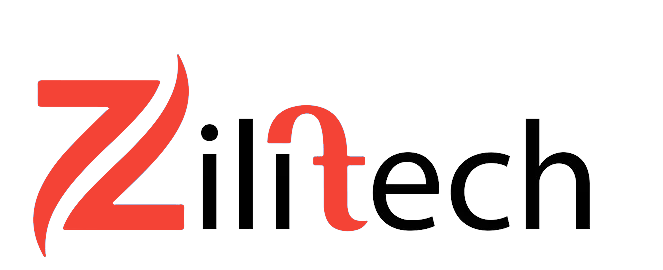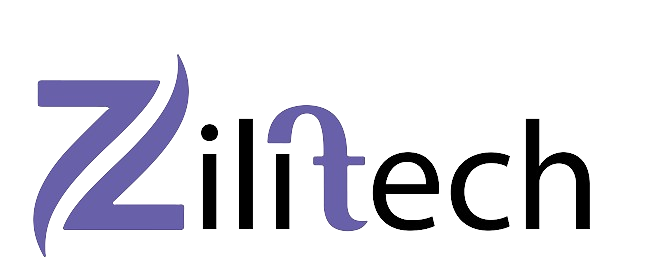Introduction
Managing finances in educational institutions is no small feat. Schools need to handle everything from tuition fees to payroll, and doing this manually can be a nightmare. Enter school accounting software – a game-changer for educational institutions aiming for efficient and error-free financial management.
Understanding School Accounting Software
School accounting software is a specialized tool designed to help schools manage their finances efficiently. It covers everything from recording transactions and managing budgets to generating financial reports and ensuring compliance with regulations.
Key Features of School Accounting Software
- Automated Fee Collection: Streamlines the process of collecting tuition and other fees.
- Budget Management: Helps in planning and controlling the budget.
- Financial Reporting: Generates detailed reports for better decision-making.
- Integration: Can be integrated with other school management systems for seamless operations.
- User-Friendly Interface: Easy to use, even for those with limited accounting knowledge.
- Security: Ensures that sensitive financial data is protected.
Benefits of Using School Accounting Software
- Improved Financial Management: Centralizes all financial data, making it easier to manage and access.
- Enhanced Accuracy and Transparency: Reduces human errors and increases transparency in financial operations.
- Time and Cost Efficiency: Saves time and reduces costs associated with manual accounting.
- Real-Time Financial Tracking: Provides real-time updates on financial status, aiding in timely decision-making.
Top Features to Look for in School Accounting Software
When choosing school accounting software, look for the following features:
- User-Friendly Interface: Ensures ease of use.
- Integration with Other Systems: Allows seamless operation with other management tools.
- Customizable Reports: Enables the generation of tailored reports.
- Automated Fee Collection: Simplifies fee collection processes.
- Budgeting and Forecasting Tools: Aids in financial planning.
- Security Features: Protects sensitive data from breaches.
Popular School Accounting Software Options
Several software options cater specifically to school accounting needs. Here are some popular choices:
- QuickBooks: Known for its user-friendly interface and robust features.
- FreshBooks: Ideal for small to medium-sized institutions.
- Xero: Offers excellent integration capabilities.
- Blackbaud Financial Edge NXT: Tailored for larger institutions with complex needs.
- TADS: Specializes in tuition management and financial aid.
Comparing School Accounting Software
When comparing software, consider the following:
- Cost Comparison: Evaluate the cost relative to the features offered.
- Feature Comparison: Ensure the software meets your specific needs.
- User Reviews and Ratings: Check reviews to understand user satisfaction and potential issues.
Case Studies of Schools Using Accounting Software
Case Study 1: A Small Private School A small private school implemented QuickBooks to streamline its financial operations. The result was improved efficiency and accuracy in managing tuition fees and expenses.
Case Study 2: A Large Public School District A large public school district chose Blackbaud Financial Edge NXT for its comprehensive features and scalability. The software helped the district manage its complex financial needs effectively.
How to Choose the Right School Accounting Software
Choosing the right software involves:
- Assessing Your School’s Needs: Understand your specific requirements.
- Evaluating Software Options: Compare different software based on features, cost, and user feedback.
- Implementation and Training Considerations: Ensure there is adequate support for implementation and training.
Challenges in Implementing School Accounting Software
Common challenges include:
- Resistance to Change: Some staff may be resistant to adopting new technology.
- Training Needs: Ensuring all users are adequately trained.
- Integration Issues: Integrating with existing systems can be challenging.
Solutions to Overcome These Challenges
- Change Management: Engage staff early and provide training.
- Adequate Training: Offer comprehensive training sessions.
- Technical Support: Ensure ongoing technical support is available.
Future Trends in School Accounting Software
- AI and Machine Learning: These technologies will enhance predictive analytics and automation.
- Cloud-Based Solutions: Offer flexibility and remote access.
- Mobile Accessibility: Allows access to financial data on the go.
Conclusion
In conclusion, school accounting software is essential for modern educational institutions. It streamlines financial management, enhances accuracy, and saves time and money. By carefully evaluating your needs and the available options, you can choose the right software to transform your school’s financial operations.
FAQs
What is school accounting software? School accounting software is a tool designed to help schools manage their finances efficiently, covering tasks such as fee collection, budgeting, and financial reporting.
How much does school accounting software cost? The cost varies depending on the software’s features and the size of the institution. It can range from a few hundred to several thousand dollars annually.
Can school accounting software integrate with other school management systems? Yes, many school accounting software options offer integration with other management systems for seamless operation.
Is school accounting software secure? Yes, reputable school accounting software includes security features to protect sensitive financial data.
How can I choose the best school accounting software for my school? Assess your school’s specific needs, compare different software options based on features, cost, and user feedback, and ensure adequate support for implementation and training.




